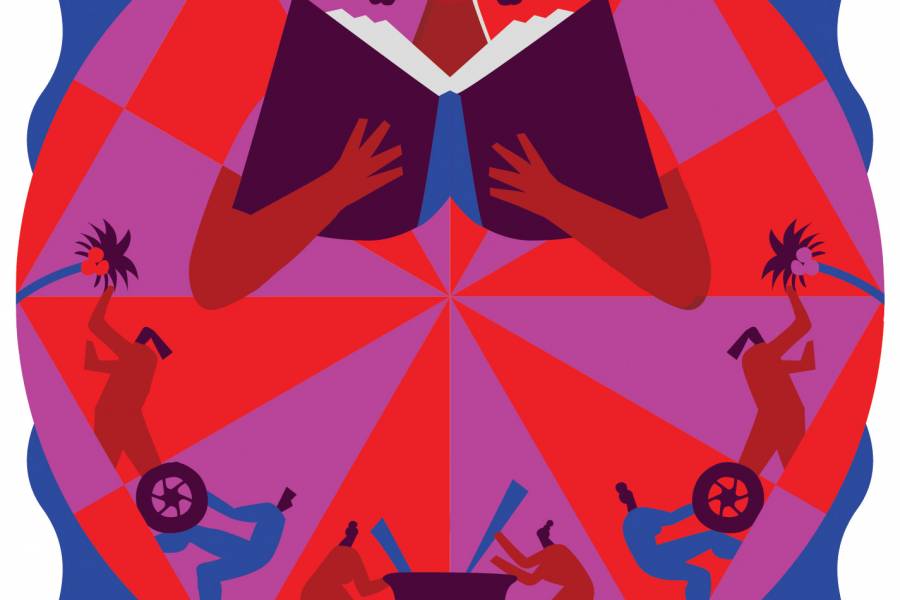I vividly remember my trips to rural India as a teenager. The villages were often inundated with people living below the poverty line, looking for work and sometimes relying on donated food or money to get by. I dreamed of going back to give everyone bags of cash. In my mind, this was the fastest way to help them—an American handing out money, food, and clothes. The 15-year-old me consid¬ered it a foolproof, helpful solution. I'd worry about where the money was coming from down the line.
Years later, I realized my plan was naive. Class disparities are a product of myriad forms of global oppression, and as an outsider I had just one tone-deaf solution in mind. I never asked myself what the community might want or whether it would be counterproductive to hand them temporary solutions.
Fast-forward to 2019, when I spent time in a "micro-village" in Chennai as a Fulbright research scholar. It was there—in a small, southern coastal town about the length of three fire trucks—that I learned public health interventions become sustainable when they are designed in partnership with their beneficiaries, rather than being forced on people by outsiders.
The local NGO and government public health faculty I worked with con¬ducted a needs assessment survey and worked with the community to focus on both a long-term nutritional program and an educational transportation program for the village's 23 children.
The nearest hospitals, schools, and grocery stores were several miles away on foot. Access to what we take for granted was a major issue. Focusing first on nutrition, we teamed up with the residents to set up a kitchen—an uncommon luxury—in one family's small hut or "kacha home" so they could cook daily meals for the chil¬dren using nutritious ingredients shared by other locals. Although the program required outside funding, it was run by the community. They decided who cooked the meals, when to feed their children, and the best foods to feed them.
Nearly a year later, I'm back in the United States starting medical school, but my experiences in India are still at the top of my mind. Focused on the village's other pressing need, my colleagues and I are piloting an educa¬tional transportation program with help from local donors to provide the community fisherman with an electric crate-wagon. In return, he drives all the children to a school 2 miles away while also using the vehicle to transport his catch. Everyone benefits.
So far, these parallel public health interventions are a success: As of June, two girls are set to graduate from high school and pursue degrees in computer science in the technology hub of Chennai—an inspiration to the younger children. This is the result of allowing a community to have agency over its own narrative—a lesson I would not have learned without first listening to what they had to say.
Posted in Alumni
Tagged public health, alumni, india, fulbright scholars








